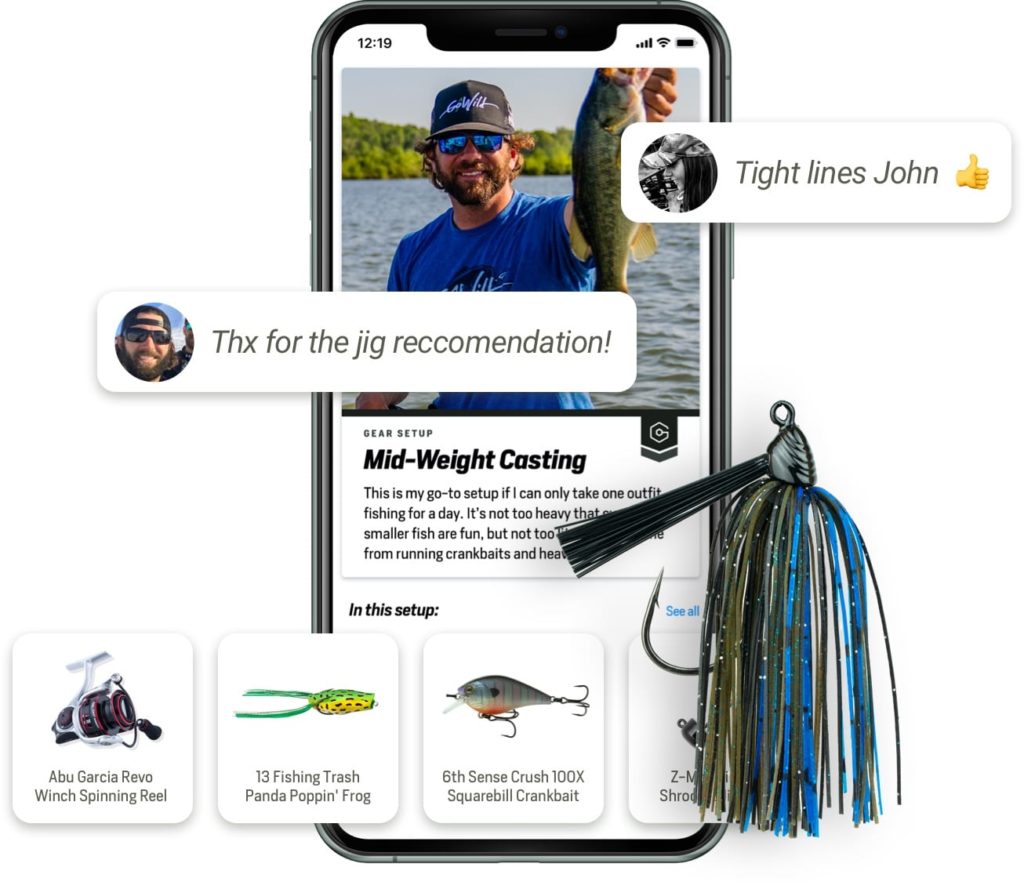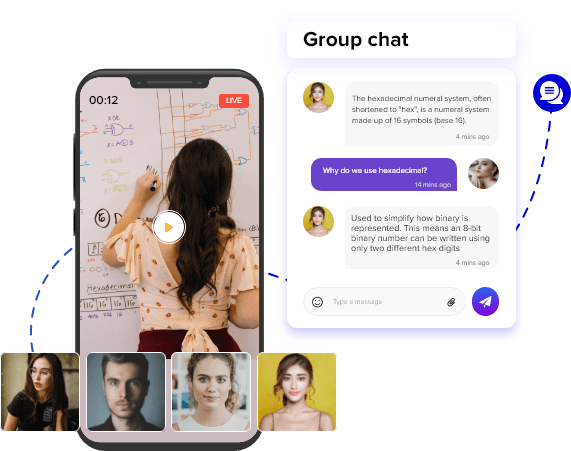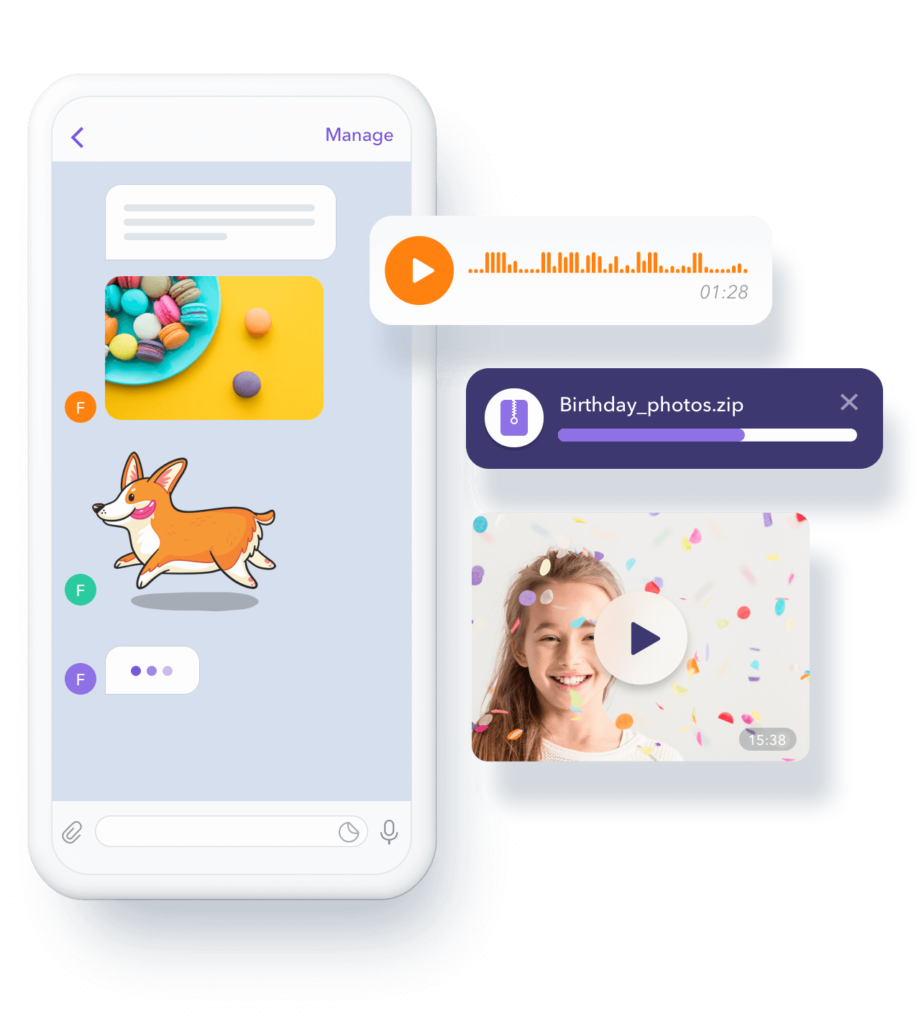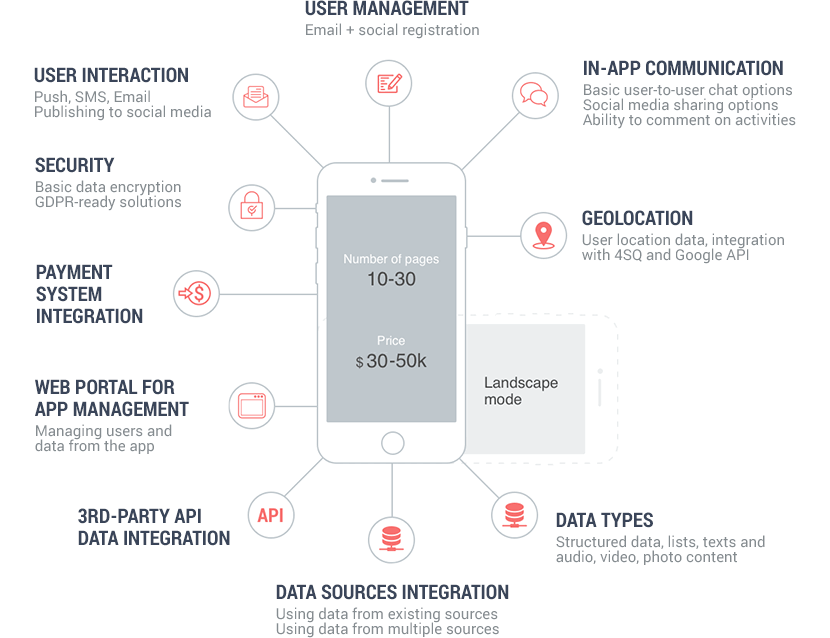Online communities are the foundation for communication on the internet. They allow people to connect with others who like similar things, have the same concerns, or bond over commonalities. They’re an incredible source of information on nearly everything under the sun. This benefit even extends to non-members, who can search on public online communities for first-hand information from all over the world. Such resources are priceless in the era of paid media, and any effort to better them will need to take into account the value they bring to the millions of readers who peruse them.
However, the lack of communication options on such platforms forces users to move to third-party apps to have direct and more specialized conversations. Such situations frequently occur when the user base starts to grow in leaps and bounds but can’t find enough to satisfy them and keep them in online communities. This is a massive loss for such platforms, as their user base will start to dwindle, and other micro-communities are formed outside of the platform.

A potential feature that may go down well in such case studies is a realtime chat API for online community platforms. Given that such forums are intended to exchange information and knowledge about diverse or curated topics, there is a chance to make the experience more personalized and dive deep beyond generic answers to discover true masters in the community. It leverages the knowledge on the platform, which draws users in the first place, and creates a customized communication method that retains said users.
What Real-Time Communication Might Look Like in Online Community Apps
An in-app chat solution in community apps helps build and retain community interactions without losing them to chat-specific platforms. Several popular communities, including Reddit and Dream 11, have recognized the potential of real-time chat features on their platforms. They’ve seen amazing spikes in user retention and engagement, showing how such a simple feature can facilitate better conversations and usability.
1.Real Time Chat API for Community Platforms
Given that online communities already have the ability to foster communication and collaboration between people, real-time chat apps leverage this perk to keep users on the platform and allow them to communicate without having to form separate groups on other apps. It helps users make topical conversations and helps to drive traffic to different parts of the community through inter-sharing and inter-linking. This way, all conversations relevant to the online community can be kept on the platform.

2.Video Chat API for Online Community Apps
Video chat takes text chat one step further by allowing group video calls and more personalized one-to-one interactions. Video chat can help increase user engagement and allow the features and benefits of the online community to be leveraged even more.

3. Voice Calling Solutions for Community Platforms
Like video chat, voice calling also helps to engage users even further and strengthens the sense of community on the online platform. For example, members of a sports-centric online community can talk to each other in real-time while watching a game live. This is a lot more personal and engaging and reduces users’ need to seek any other platform for building relationships and striking conversations.

How Reddit Scored Big With in-App Chat Solutions
Reddit has long been known as a “super community” — nearly every topic under the sun has a space to be discussed on this platform. Its user base is just as diverse — you’ll find niche anime enthusiasts and pet lovers to engineers and blockchain virtuosos on Reddit. Given the plethora of topics, the communities formed around them tend to create personalized groups and look for other platforms to chat on.

However, the risk of this for any such online community is that users may take to another platform to build such groups and infrequently return to the original community platform. This has adverse effects on loyalty and trust. Online communities can nip this shift in the bud by offering 1-to-1 messaging or group chat features on the platform itself so that the community is strengthened and key user bases retained.
While real-time chat and messaging can’t replace forum posting, it is a great supplement to the process of sharing information and building quality bonds between users.
What Can Online Communities Gain by Adding a Real-Time Chat?
With the internet making news constantly accessible and ever-changing, communities would want to share and respond to the latest as it happens. With real-time chat, you’ll able to give your community a way to chat and share rich media about topics that matter to them and at any time they choose. Your platform can then be the force for relevant, timely conversations, which in turn will encourage users to have all their conversations on your platform without leaving for other messaging services.
You’ll be able to build smaller communities within the larger platform, encouraging more interaction and catering to every interest and type of content.

When real-time chat is implemented, the community cements itself as the go-to place to express public thoughts, ask questions for immediate answers, and search for relevant topics with just a few clicks. And while all this happens, sub-conversations through chat ensure that the platform stays relevant and always used.
For users, adding real-time chat to online communities serves to enrich an already information-heavy experience. It enables better collaboration and forms bonds and partnerships that one couldn’t get on any other platform.
Which Communities Will Be the First to Benefit From Implementing Real-Time Chat?
While realtime chat works for everyone, it works even better for the following industry-specific communities:
1. Healthcare Communities Lead the Way to in-App Chat and Messaging
Healthcare communities often offer the opportunity for scheduling telemedicine appointments, and this undoubtedly warrants a safe text and video chat option between a doctor and a patient. Privacy is the highest tenet in healthcare technology, and health matters tend to be private affairs.

There are quite a few regulations in effect that mandate service providers to protect patient data. As long as these regulations are met and privacy and confidentiality are assured, healthcare communities benefit from integrating real-time chat and in-app video calling APIs.
2. Sports Communities Lead the Way to in-App Chat and Messaging
The sports online community is a powerful one, with millions of users engaged at all times from all over the world. Real-time chat for sports communities goes a long way in retaining viewers and users and helping them get more out of the platform. Given that sports are traditionally a public and community-centric affair, real-time chat allows viewers to chat and connect as they would in real life, with friends, or during a live game. By doing so, sports communities can keep all the action on one platform and strengthen the sense of belonging without breaking into smaller groups using a variety of other messaging apps.
3. In-App Communication for Video Communities
As YouTube Live and other live streaming providers show, real-time chat is irreplaceable when it comes to engaging with viewers live and keeping the attention focused. The video community stands to gain a lot from implementing real-time chat, as this feature allows them to communicate with subscribers, increase their reach, and seem relevant to potential partners and collaborators. A video chat API or voice call API would not go amiss here, either, as they help strengthen quality interactions when well-moderated and deployed safely.
The Solution
At this stage, online communities have a wealth of resources that no other platform can match. The key to this wealth is the users, who crowdsource information to build up a strong and searchable repository. However, other than posting on forums and searching for content, online communities don’t give out anything. This is where real-time chat can take the experience to the next level — by fostering interpersonal communication, interaction, and support based on the knowledge they already host on the platform. It’s a killer combination and a win-win situation for both platform providers and users.
DepositPhotos – online chat


